The Role of OEM LC Filter Manufacturers in Precision RF Components for Aerospace
Understanding LC Filters and Their Importance in Aerospace Applications LC filters, which consist of inductors (L) and capacitors (C), serve as essential components in the realm of signal processing, particularly within aerospace applications. These filters are designed to allow certain frequency signals to pass through while attenuating others, thereby effectively managing the quality of radio …
The Role of OEM LC Filter Manufacturers in Precision RF Components for Aerospace Read More »
